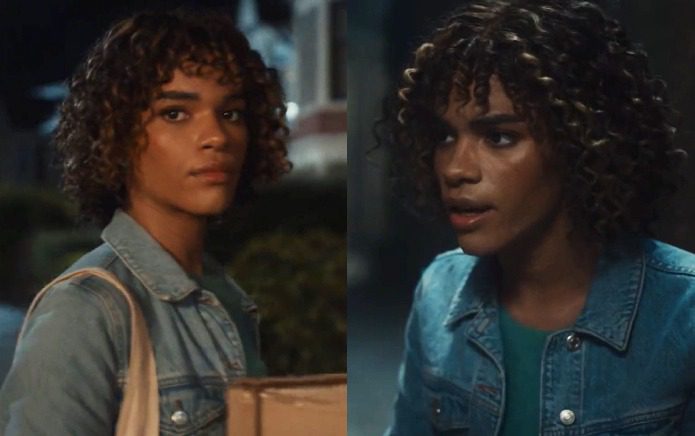Russell T Davies, the creator of “Queer as Folk,” has fiercely defended the casting of Yasmin Finney in the iconic British TV series “Doctor Who” against anti-transgender criticism. In 2022, the BBC announced that Finney, known for her role in “Heartstopper,” would join the show as a new character named Rose. This casting decision was met with significant backlash from some quarters, but Davies has remained unyielding in his support for Finney.
Davies’ response to the critics has been strong and uncompromising. He has described the critics as full of “absolute hate, and venom, and destruction and violence,” condemning their narrow-mindedness and wishing them luck in their “lonely lives.” This firm stance highlights Davies’ commitment to progressive values and his determination to make “Doctor Who” a show that reflects the diversity of society.
Finney’s debut in “Doctor Who” is set for 25 November, during the show’s 60th-anniversary specials. These specials will not only introduce Finney’s character but also mark the return of David Tennant as the 14th Doctor and Catherine Tate as Donna Noble, among others. Davies has expressed joy and excitement about welcoming Finney to the “Doctor Who” set, stating that her casting felt like a heavenly intervention, with Finney perfectly fitting the role of the 15-year-old mixed-race trans girl.
Finney’s character, Rose Noble, is set to bring a fresh dynamic to the show. She is the daughter of Donna Noble (played by Catherine Tate) and Shaun Temple (played by Karl Collins). The storyline teases an intriguing adventure for Rose, starting with a meeting with one of her mother’s oldest friends, leading to an encounter with something alien that changes her family’s life forever.
Yasmin Finney’s Groundbreaking Role as Rose Noble in Doctor Who: A Step Forward for Representation

Yasmin Finney’s casting as Rose Noble in the upcoming “Doctor Who” anniversary specials is more than just another role in a long-running series; it’s a significant step forward in terms of transgender representation in mainstream media. Davies, in defending Finney’s casting, underscores the importance of reflecting more of society in popular culture. He and other writers are keen on being progressive, which is clearly reflected in the choice to cast Finney, a young, mixed-race trans actress, in a prominent role.
The character of Rose Noble adds a new layer to the “Doctor Who” narrative. As the daughter of a former companion, her backstory is already interwoven with the show’s history. The BBC’s announcement hints at an exciting journey for Rose, beginning with her discovery of something alien, echoing her mother’s experiences in the series. This plotline suggests that Rose’s character will play a significant role in the anniversary specials, bringing a new perspective to the show.
Davies’ staunch defense of Finney and his commitment to diversity and inclusion in “Doctor Who” are commendable. By standing against the anti-trans critics, Davies not only supports Finney but also sends a strong message about the importance of inclusivity in entertainment. His actions demonstrate that “Doctor Who” is more than a sci-fi series; it’s a platform for progressive storytelling and representation.
The inclusion of Finney’s character, Rose Noble, in “Doctor Who” is a testament to the evolving nature of the show and its willingness to embrace diversity. It’s a significant moment for transgender representation in television, and Finney’s performance is eagerly anticipated by fans and advocates of inclusivity alike. Her debut in the show is a groundbreaking moment, promising an exciting and transformative narrative for “Doctor Who” and its audience.
In conclusion, the casting of Yasmin Finney as Rose Noble in “Doctor Who” is a bold move that has been met with both support and criticism. Russell T Davies‘ defense of Finney is a strong statement in favor of diversity and inclusivity in popular media. Finney’s character is set to bring a new and exciting dynamic to the series, with a storyline that intertwines with the show’s legacy and offers a fresh perspective. This development represents a significant step forward in transgender representation and showcases the progressive values of “Doctor Who” and its creators.


